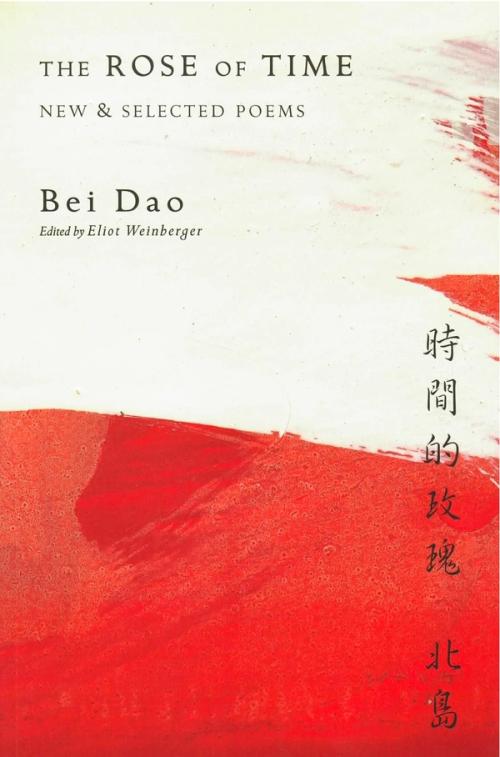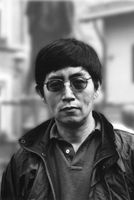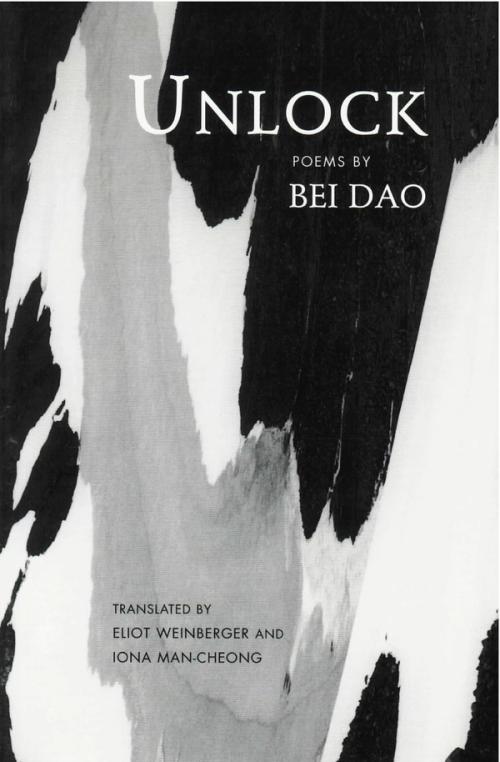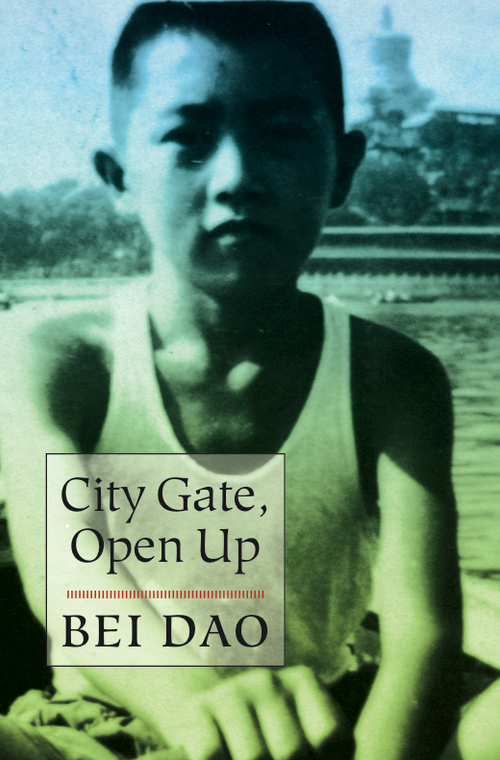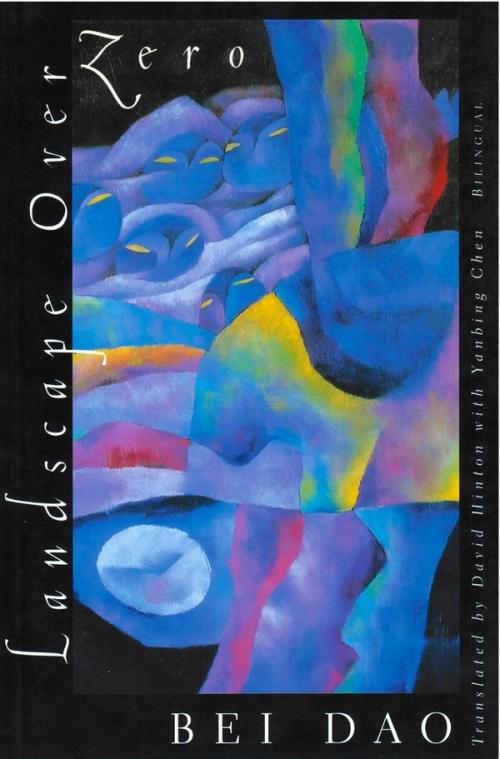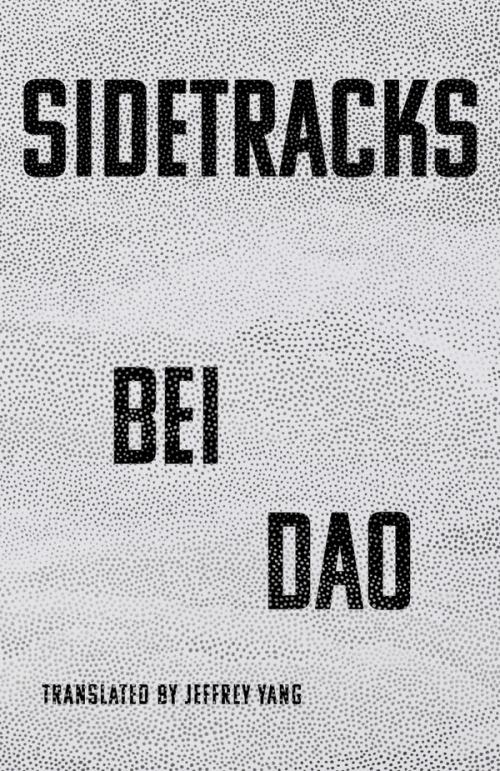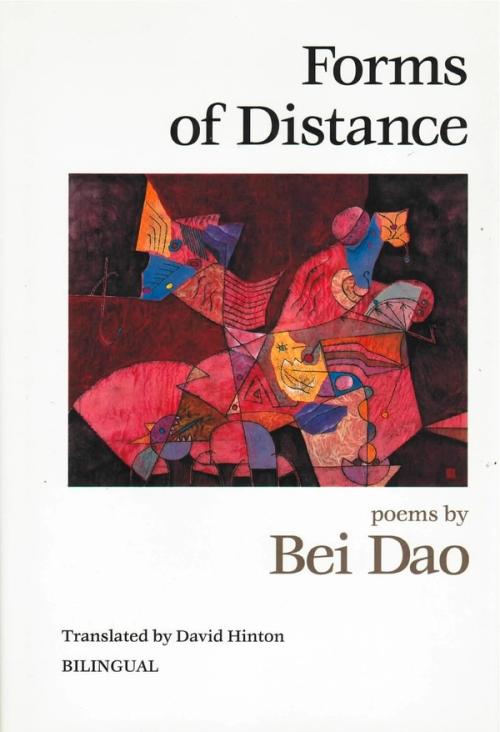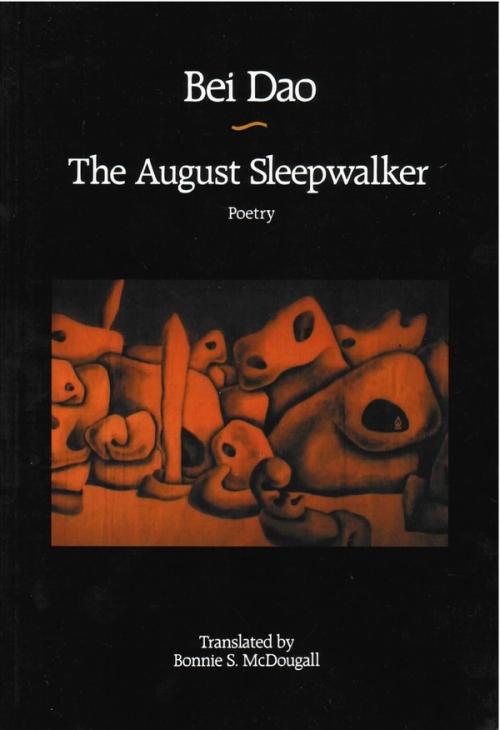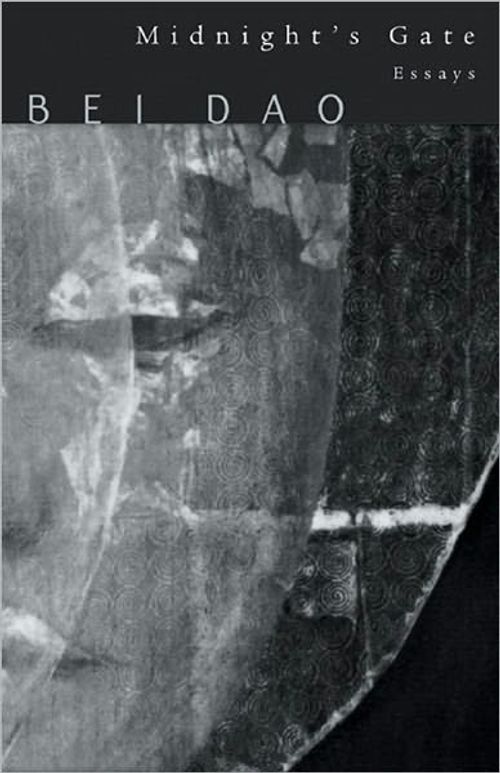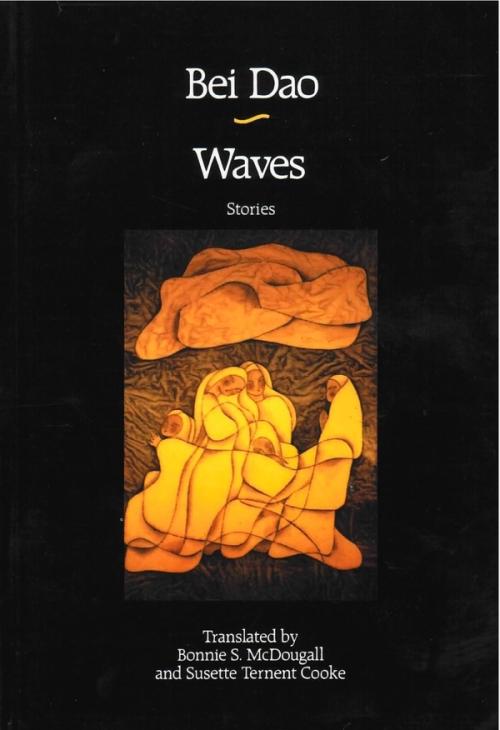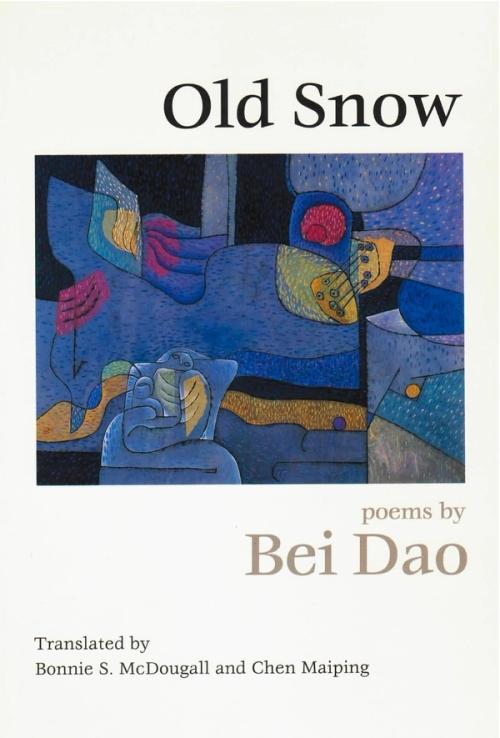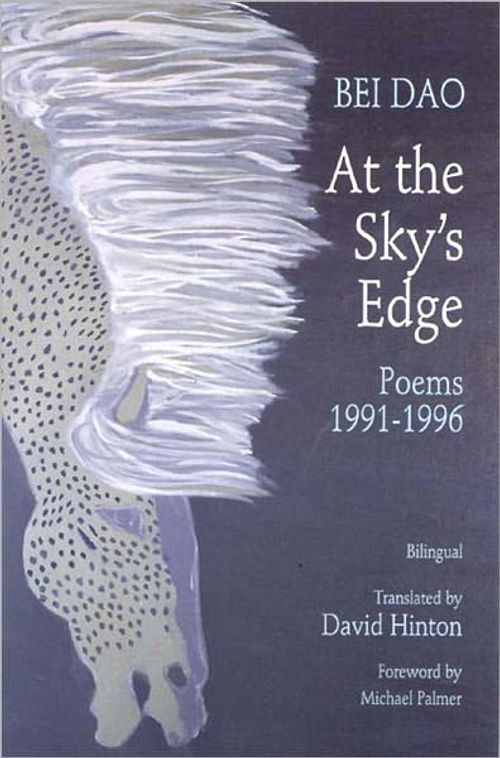The Rose Of Time
by Bei Dao
Translated from Chinese by David Hinton, Bonnie S. MacDougall and Eliot Weinberger
Edited by Eliot Weinberger
The Rose of Time: New & Selected Poems presents a glowing selection of poetry by contemporary China’s most celebrated poet, Bei Dao. From his earliest work, Bei Dao developed a wholly original poetic language composed of mysterious and arresting images tuned to a distinctive musical key—a music that has continued to develop in innovative ways through five collections of poetry published by New Directions. Selections from each of these books are included here, as well as a section of new, never-before-published work. This bilingual edition opens with a prefatory note by the poet recalling his past life as a concrete mixer and blacksmith, and closes with a brief biographical note by the editor, Eliot Weinberger. Bei Dao is a seminal poet who has been translated into some thirty languages, and his public admirers have included such international writers as Mahmoud Darwish, Susan Sontag, and Tomas Tranströmer.
in the mirror there is always this moment this moment leads to the door of rebirth the door opens to the sea the rose of time
—Bei Dao
Paperback(published Jan, 27 2010)
- ISBN
- 9780811218481
- Price US
- 16.95
- Price CN
- 21
- Trim Size
- 6 x 9
- Page Count
- 304
